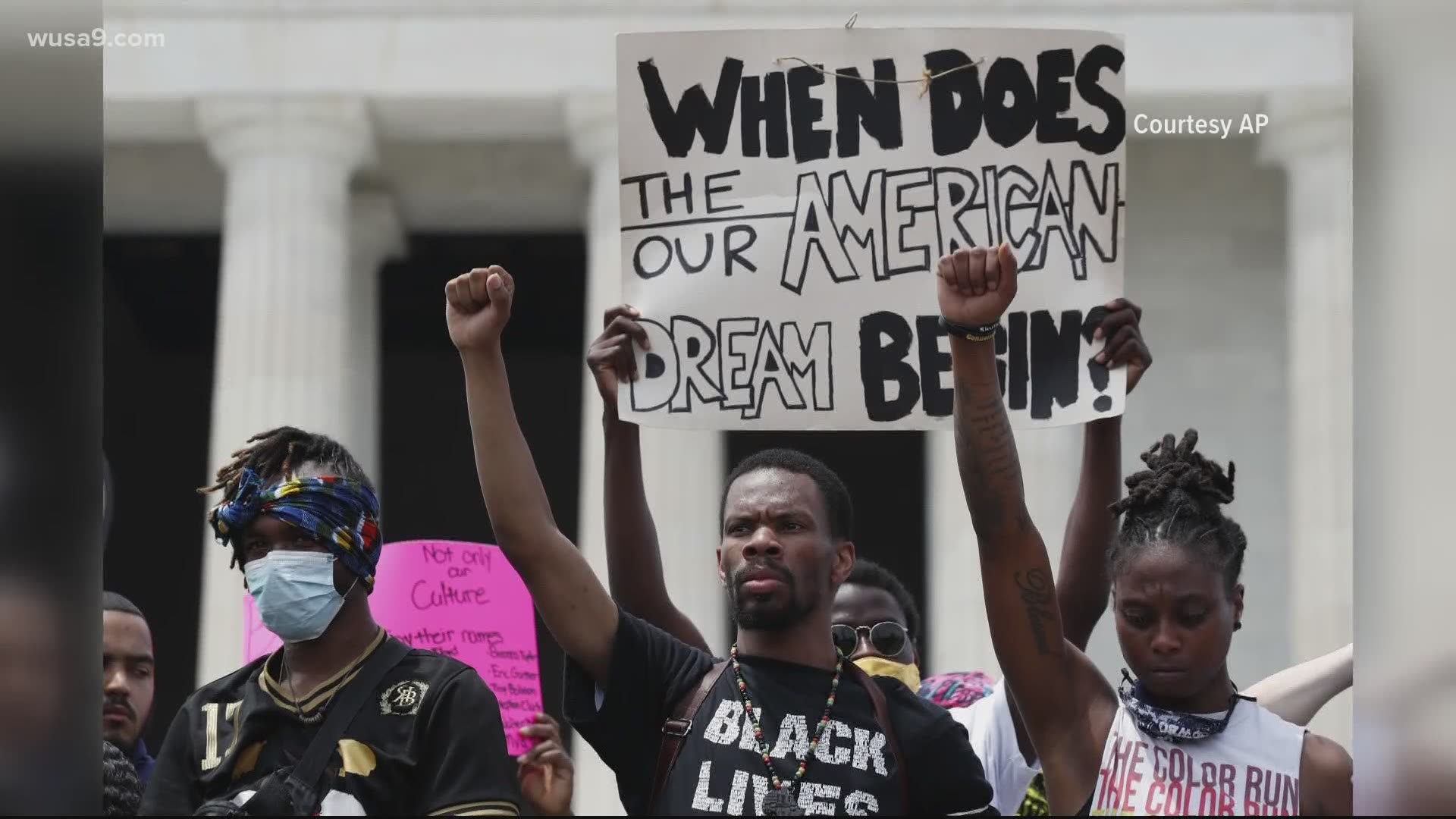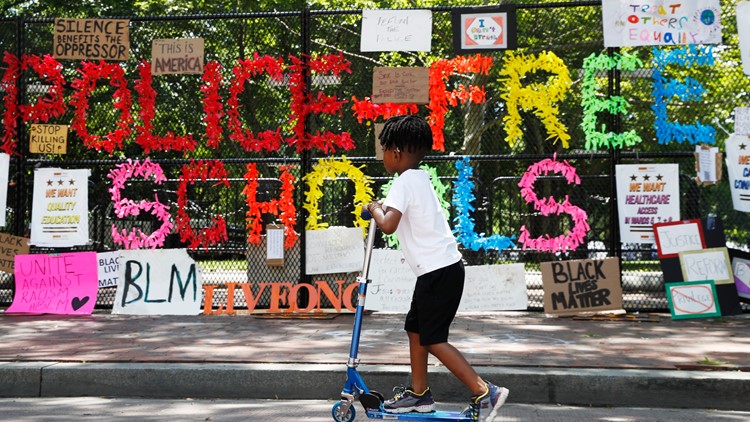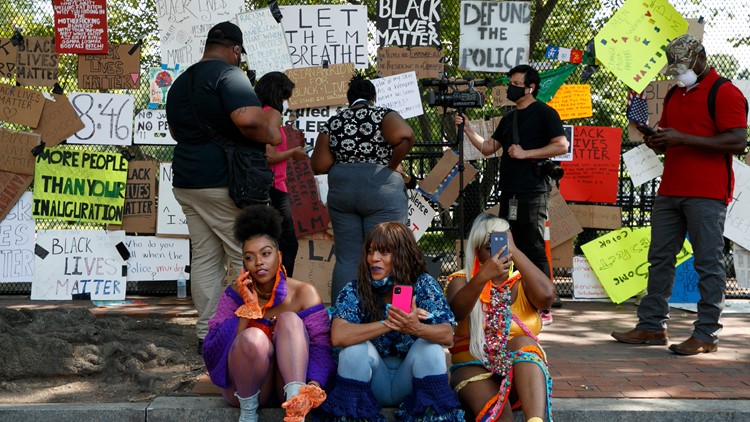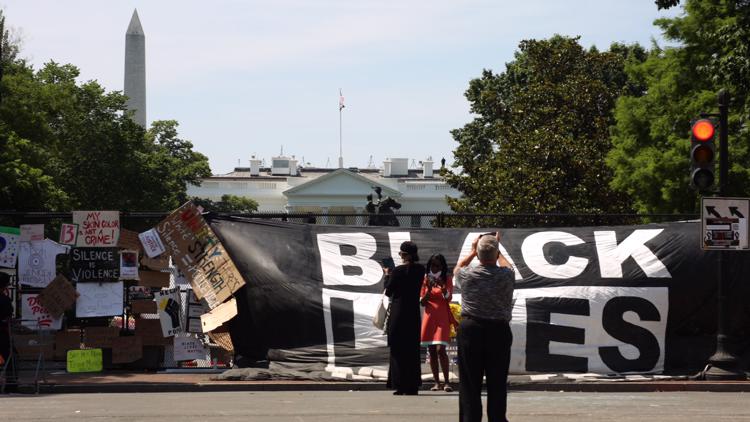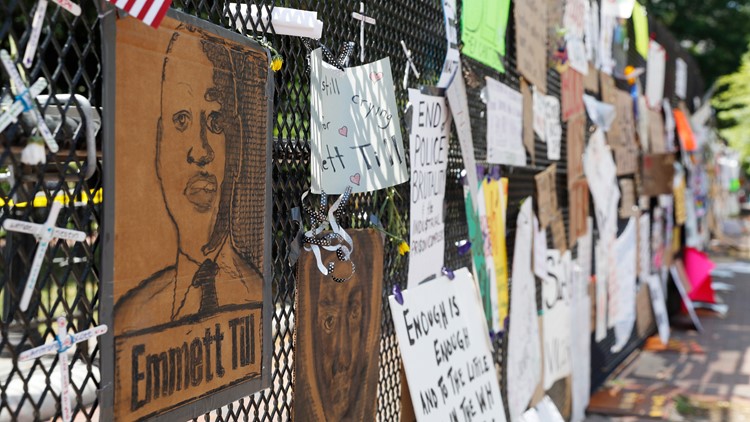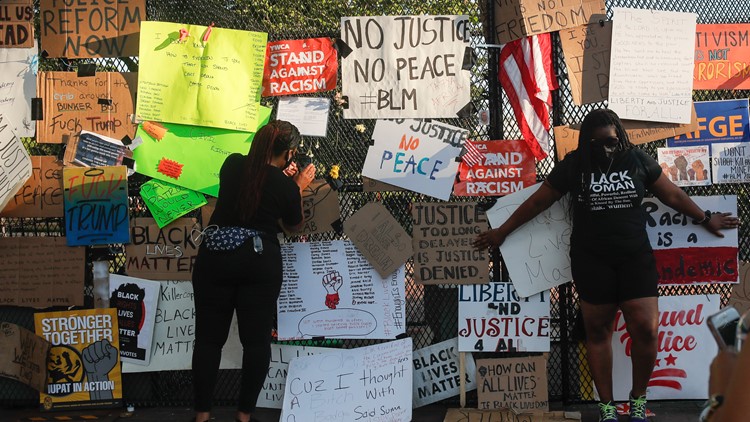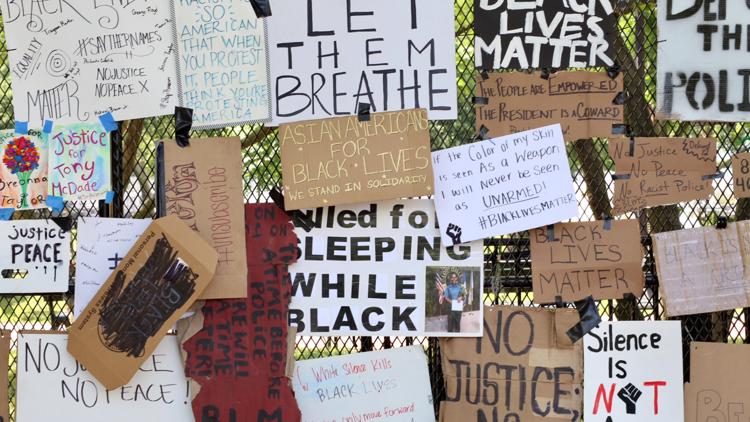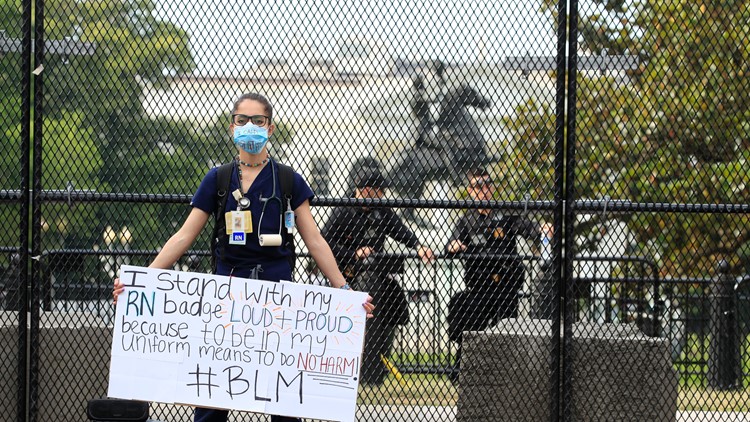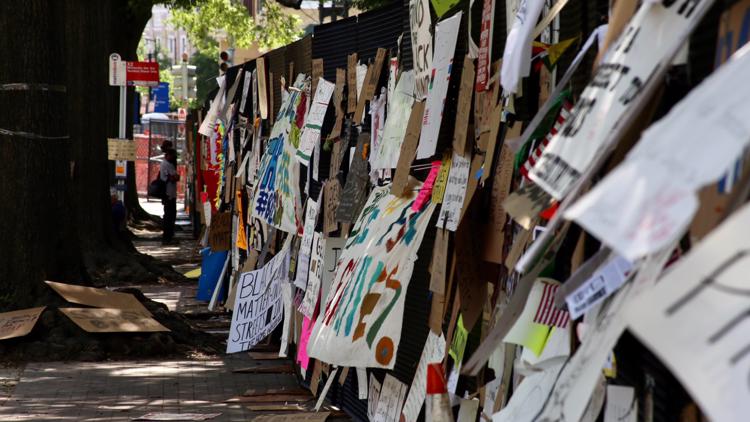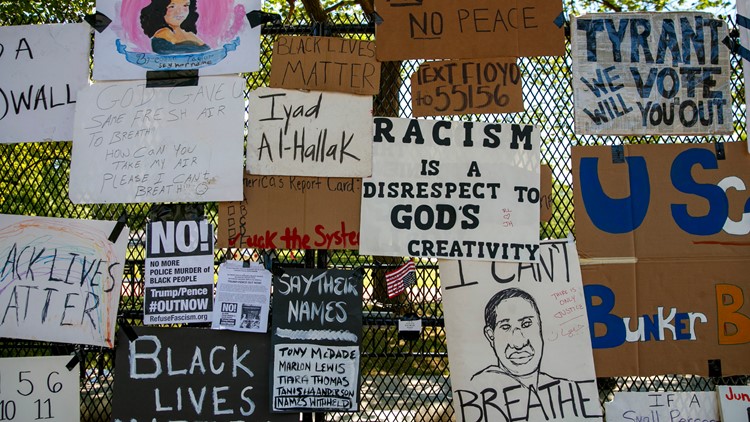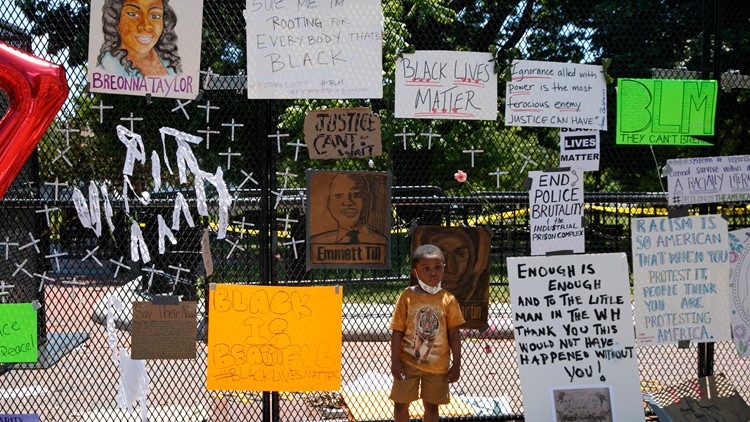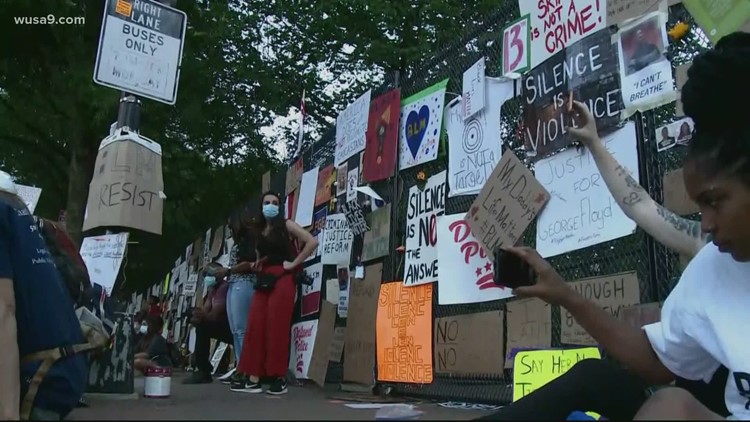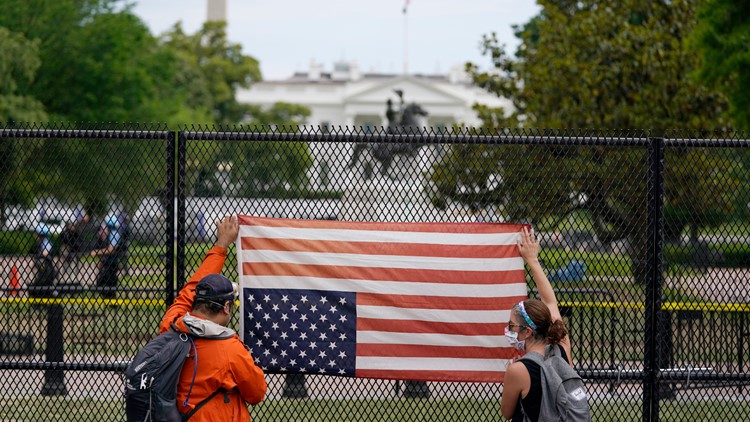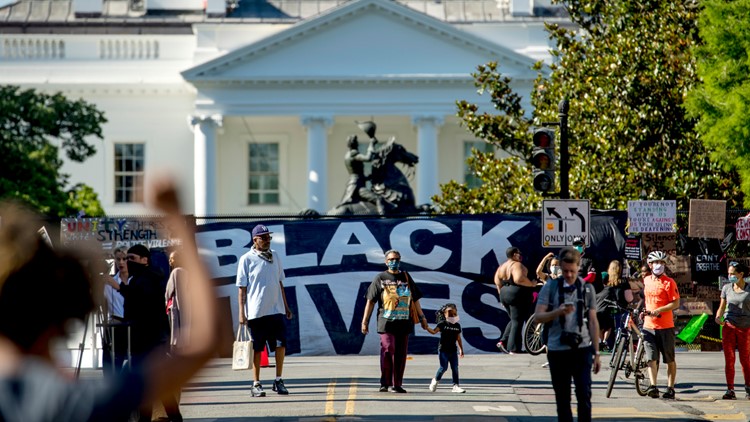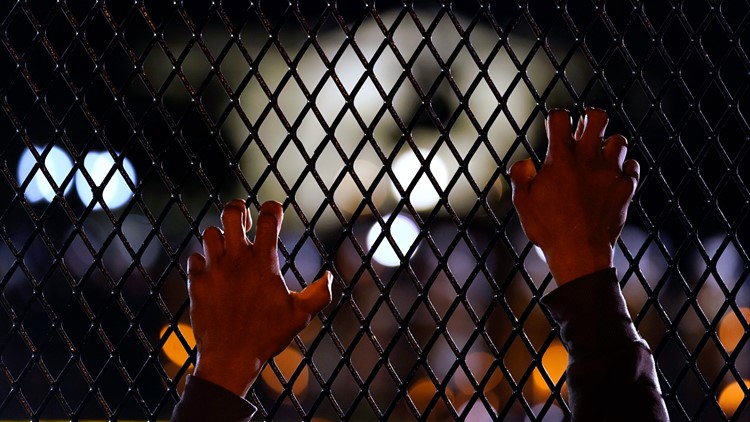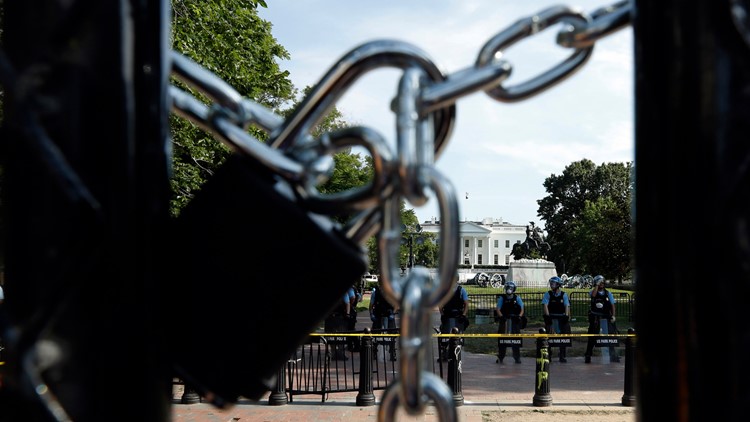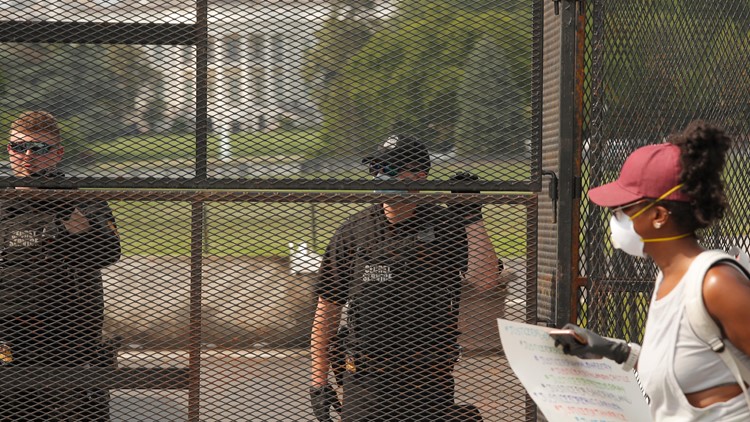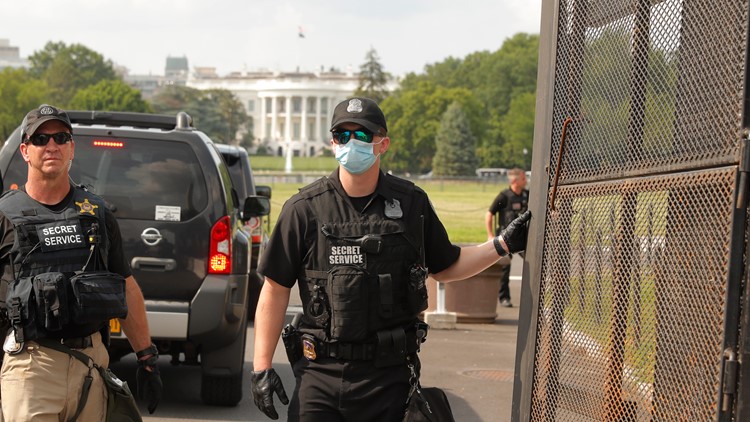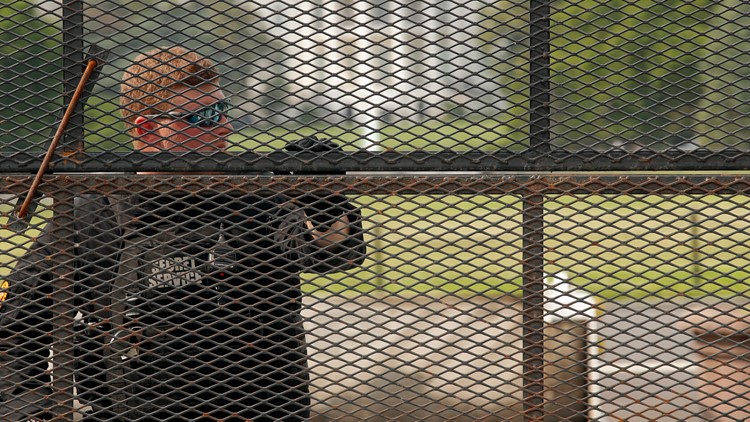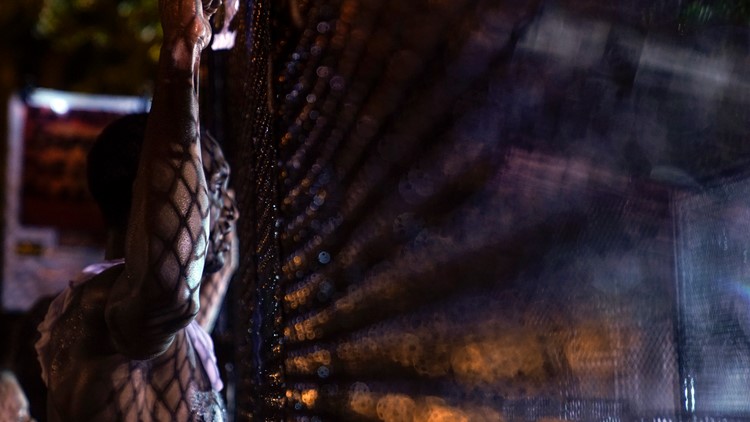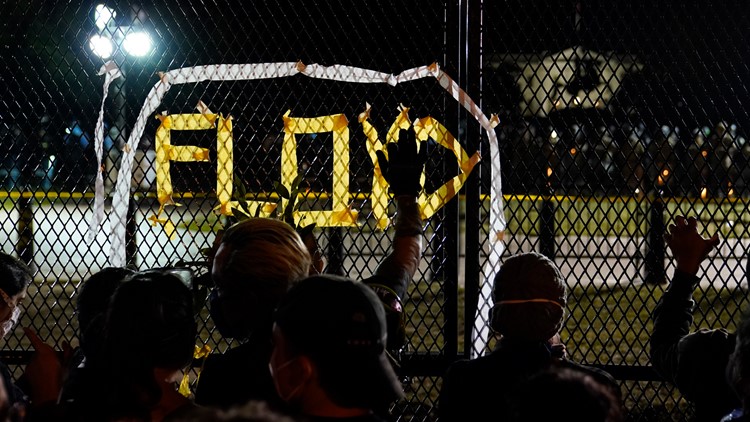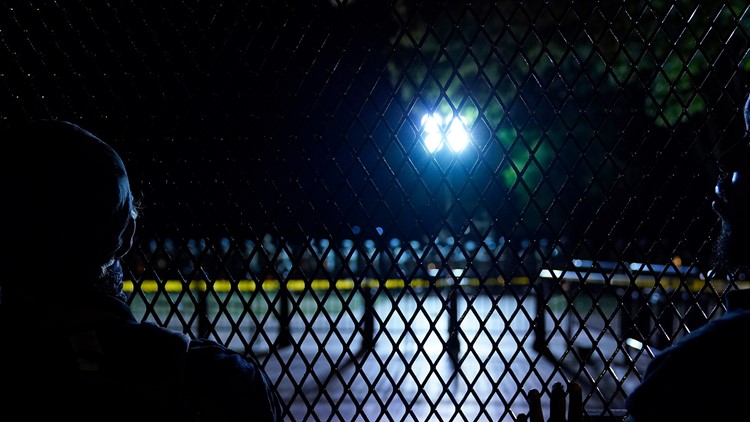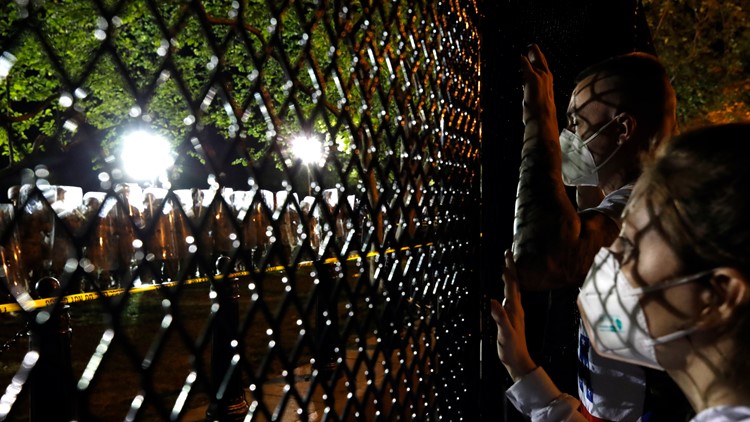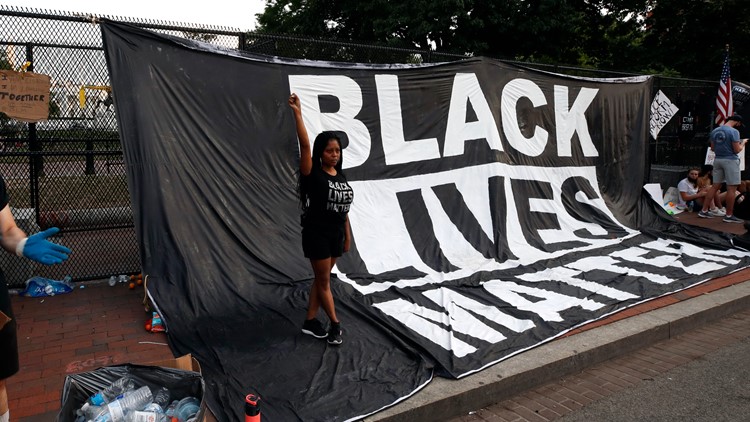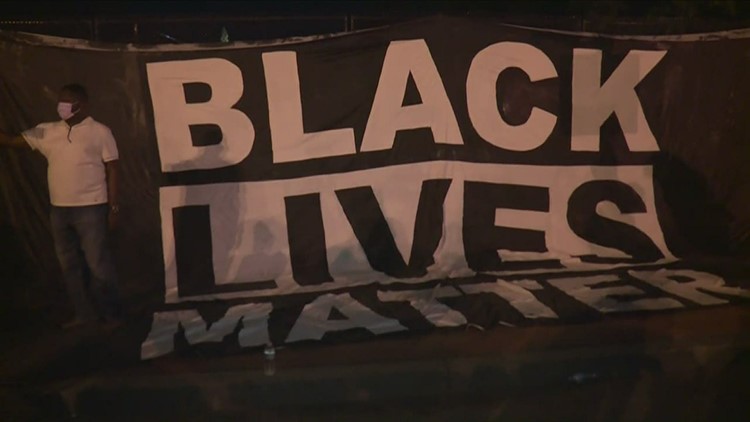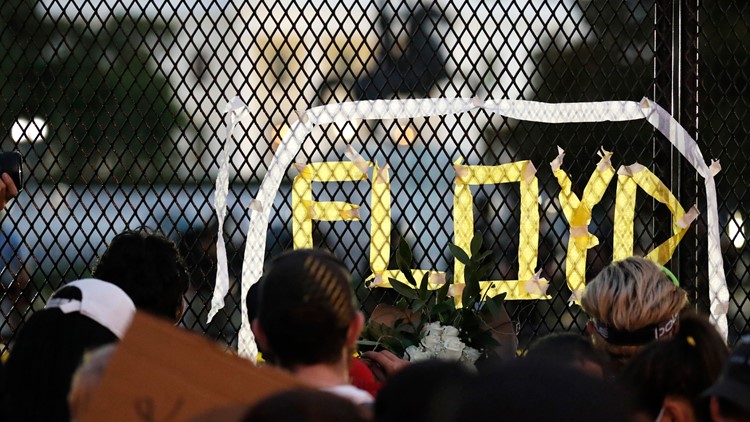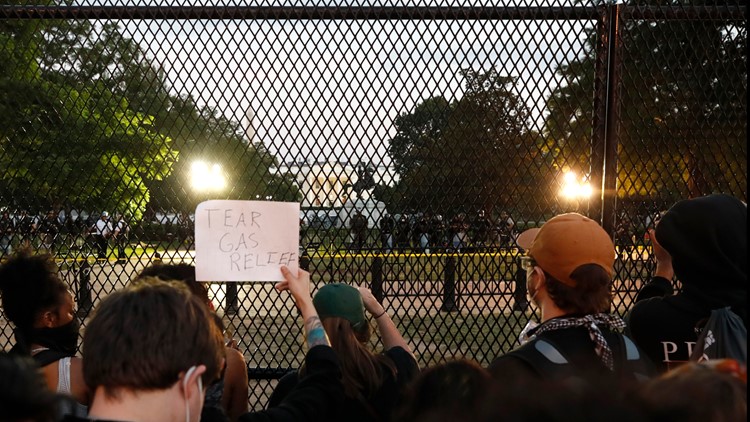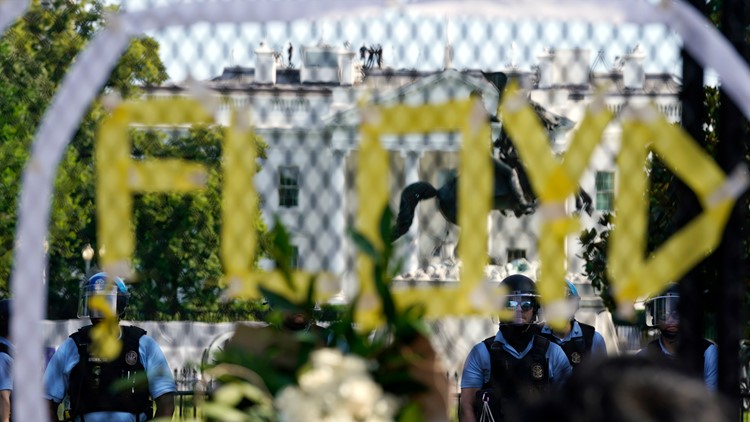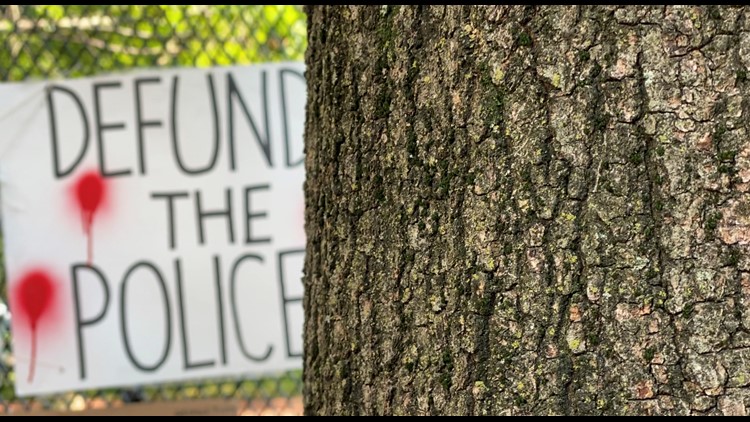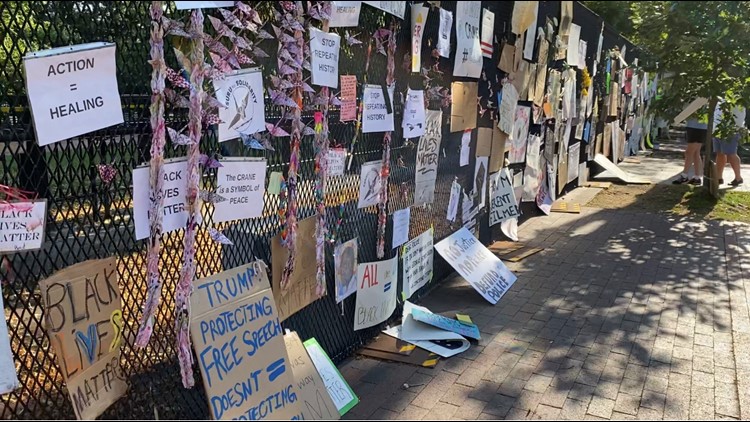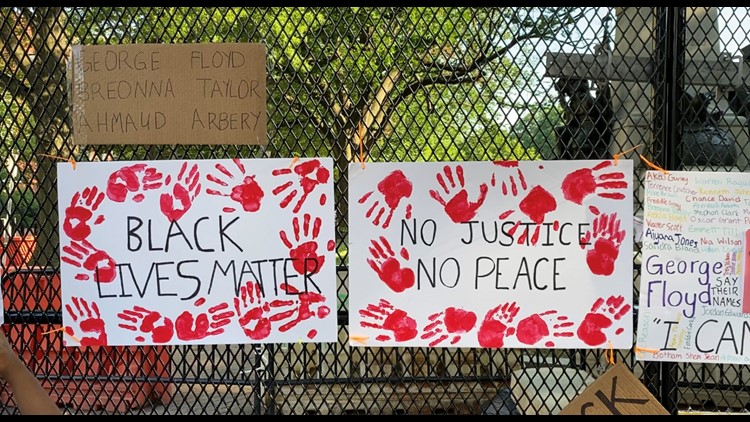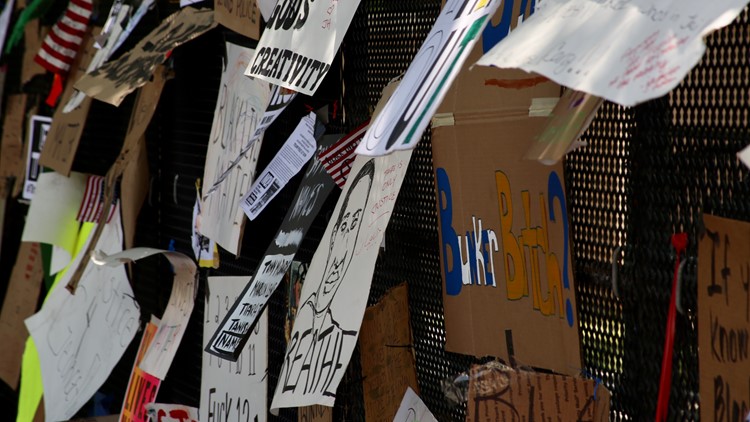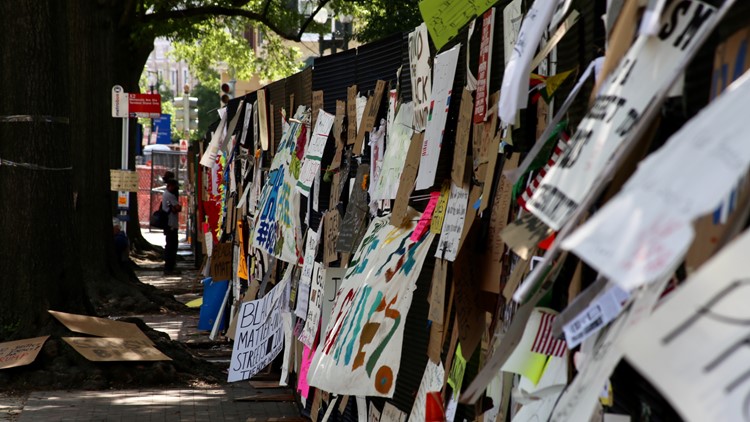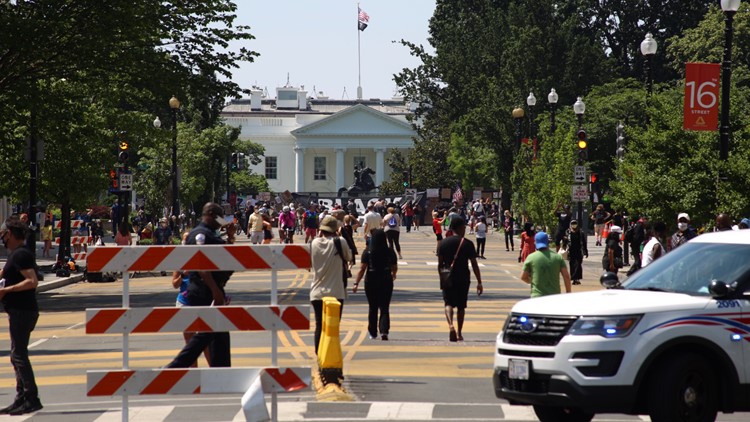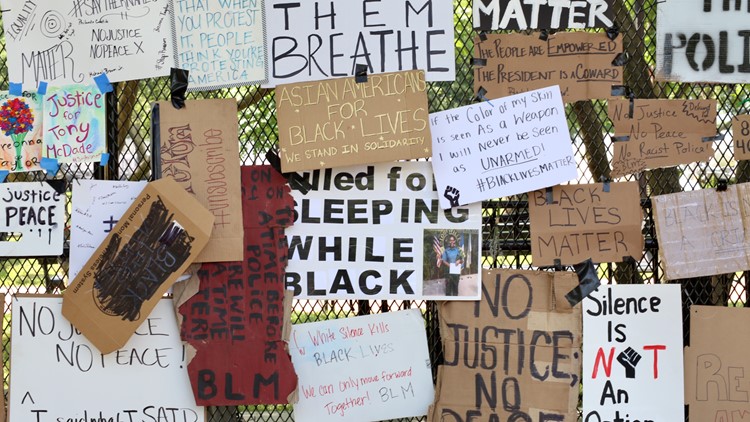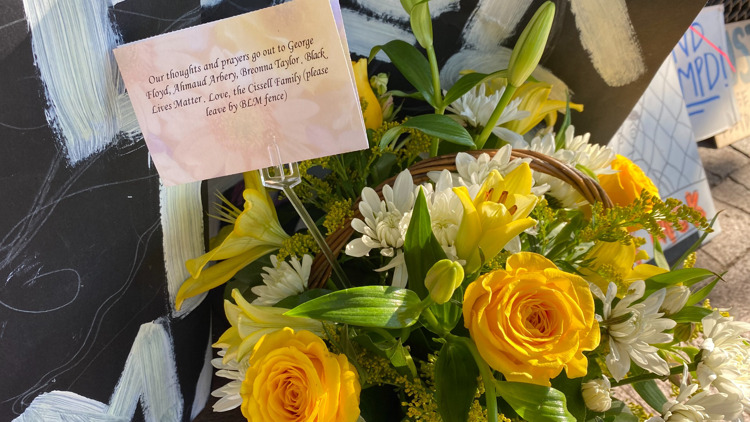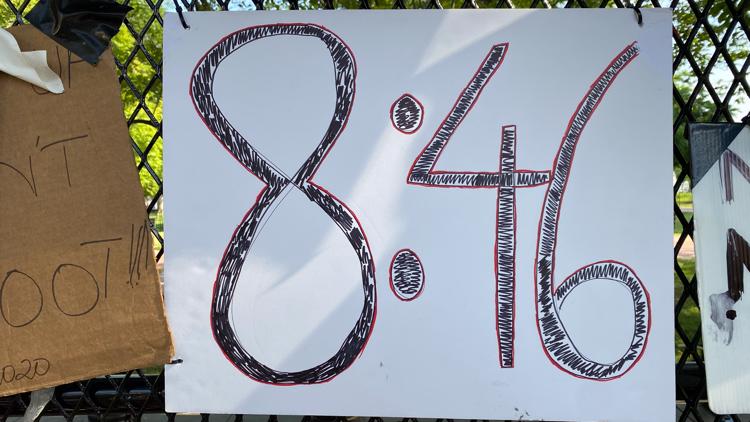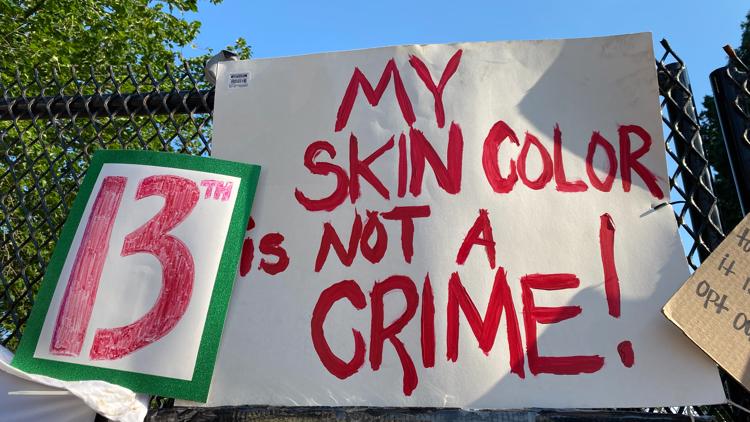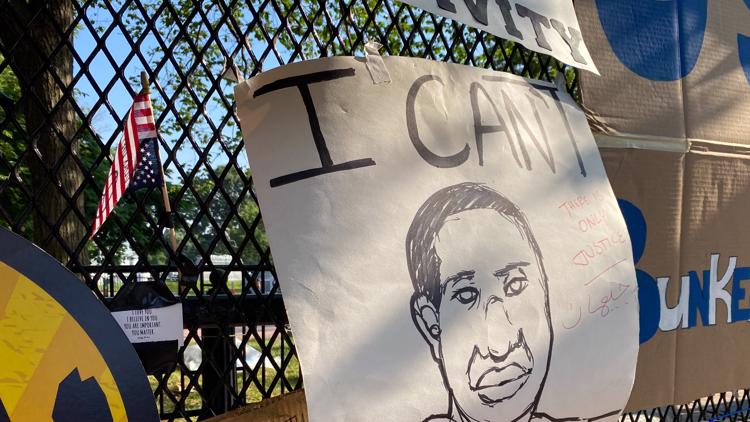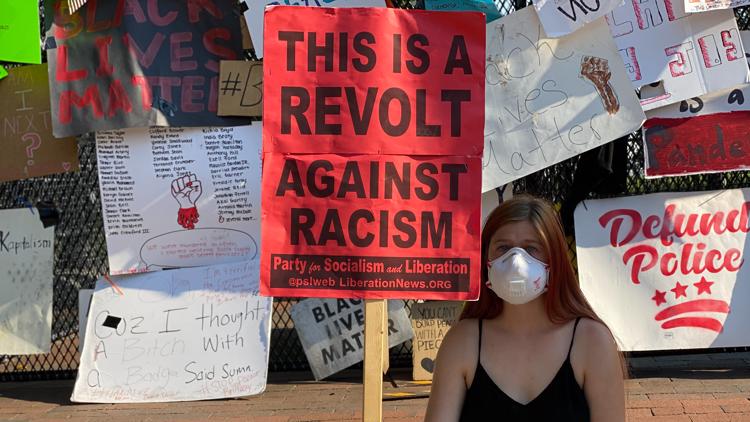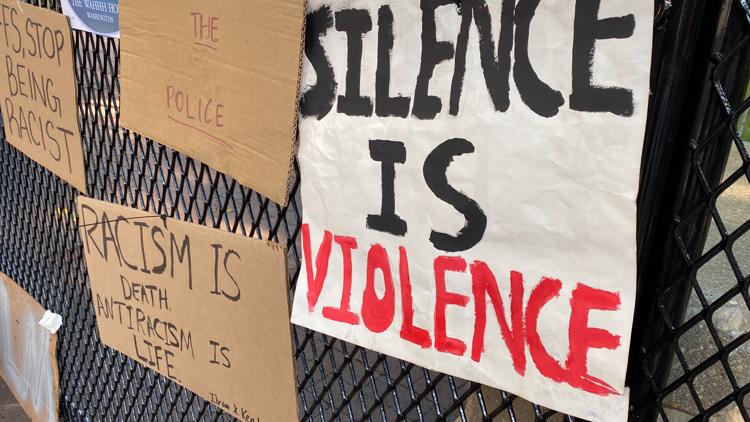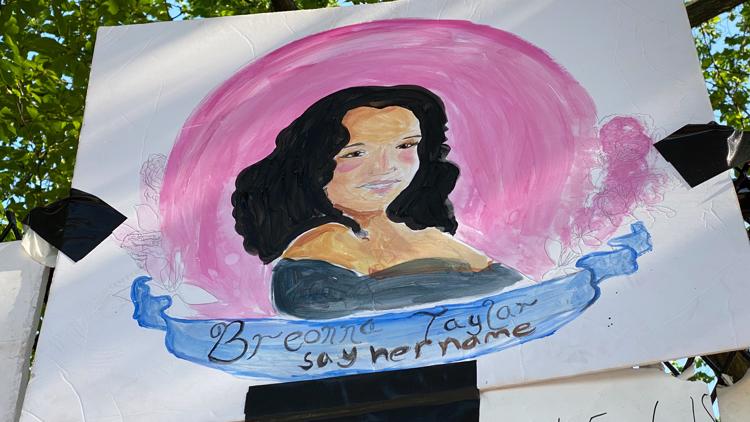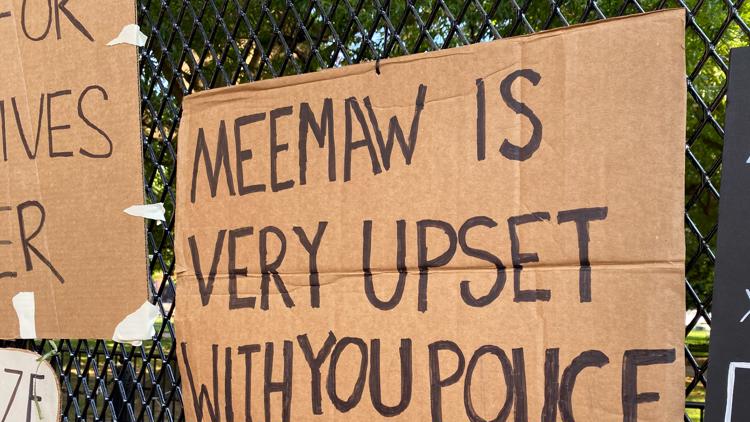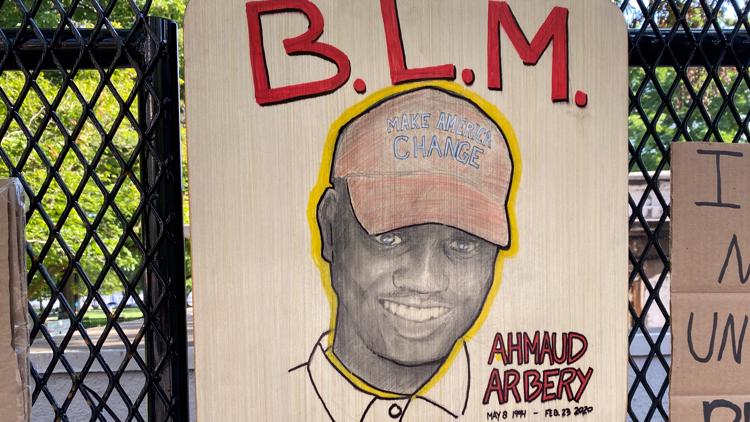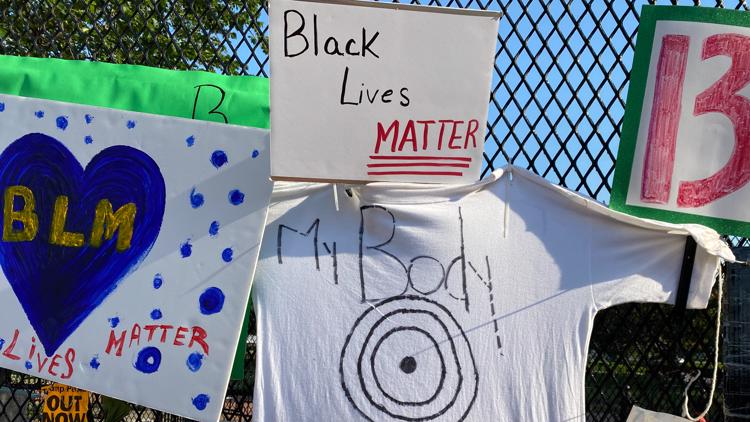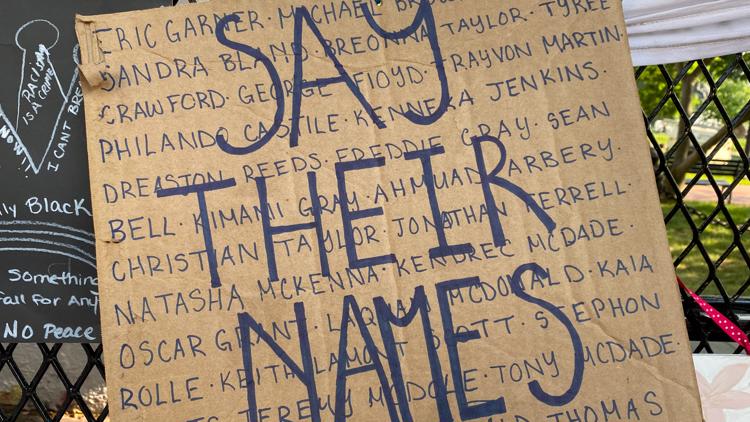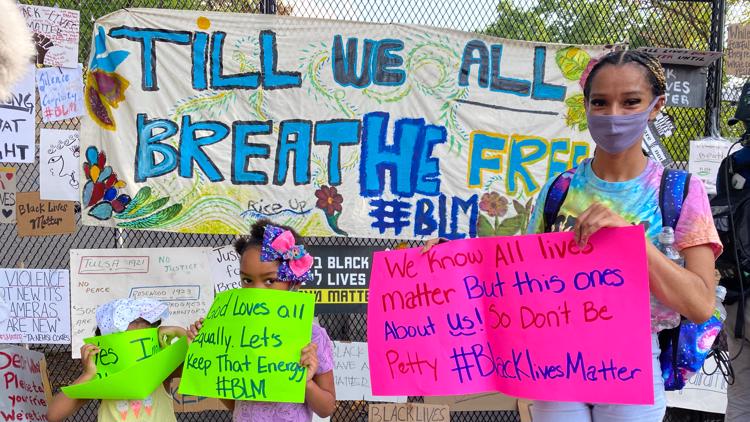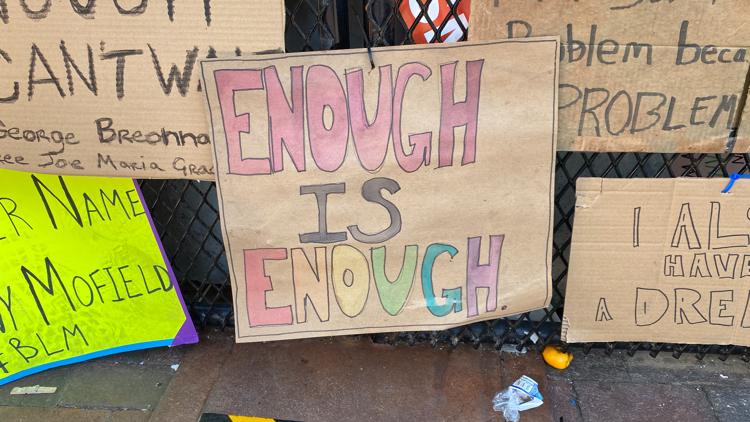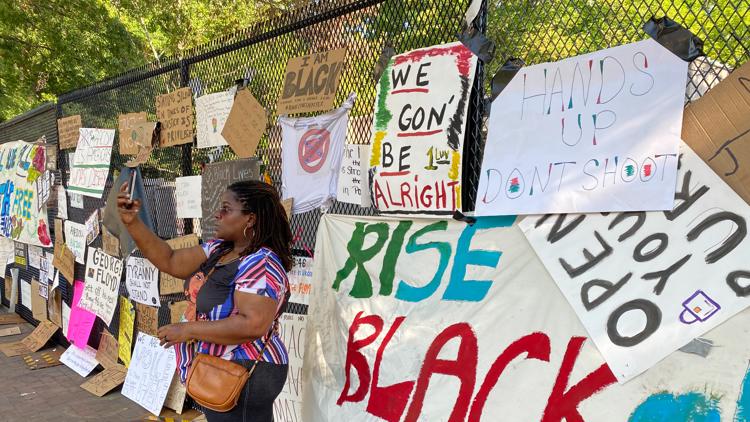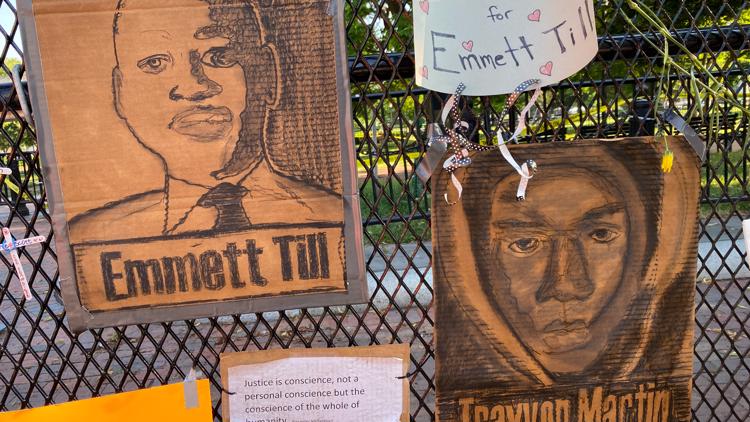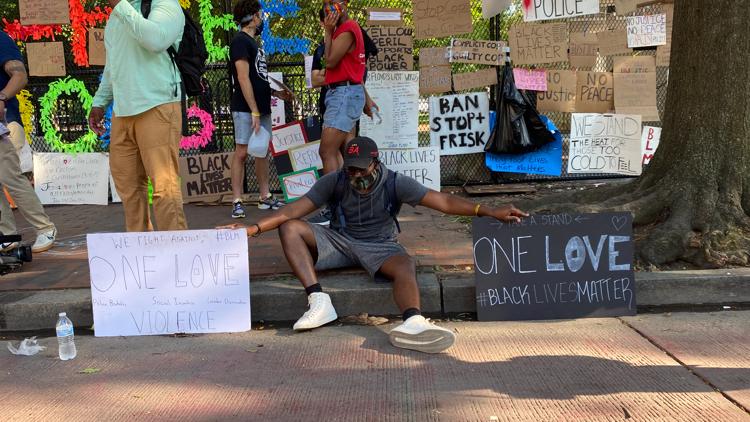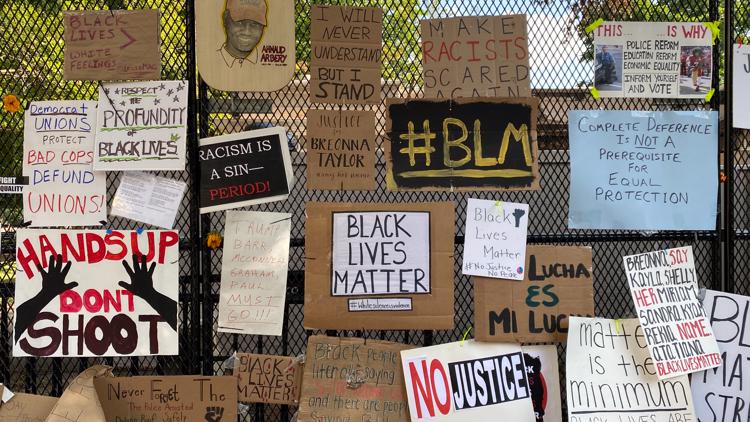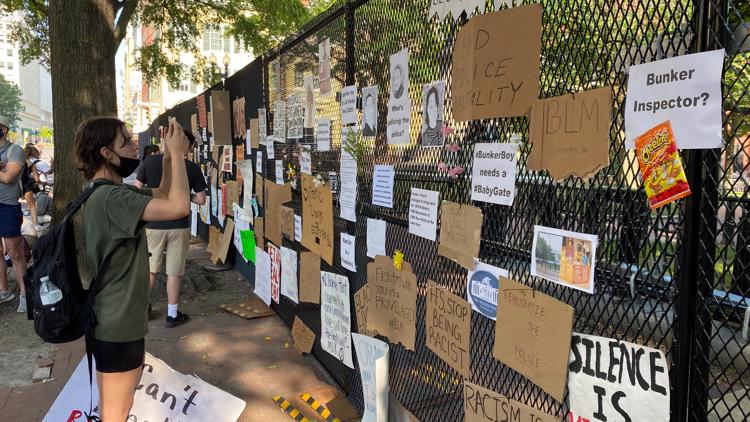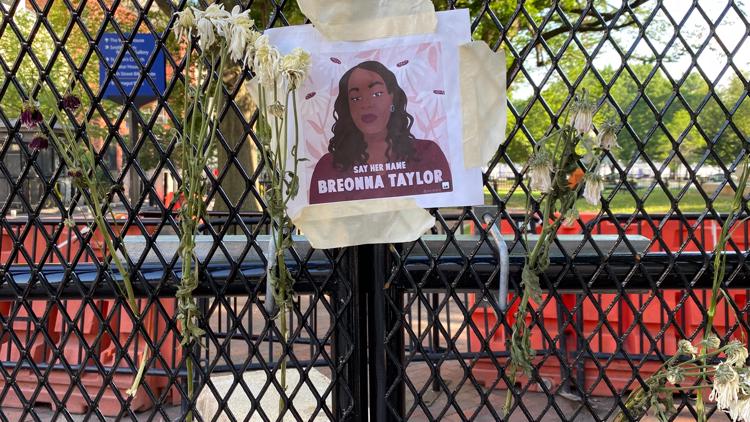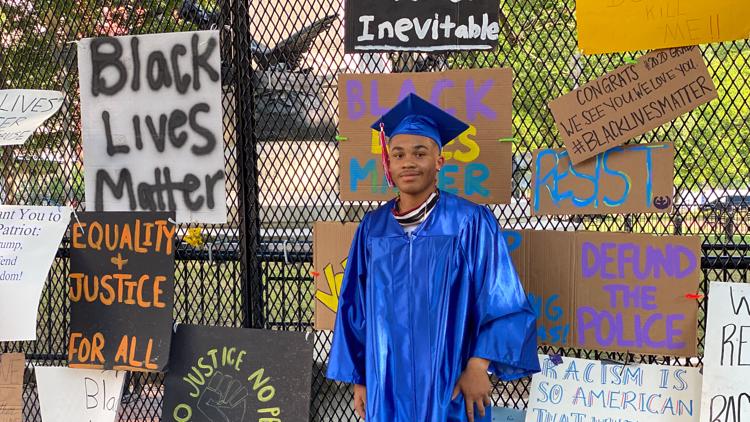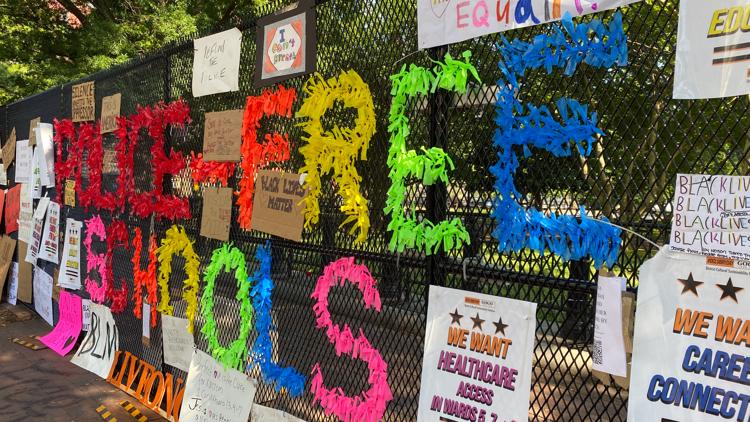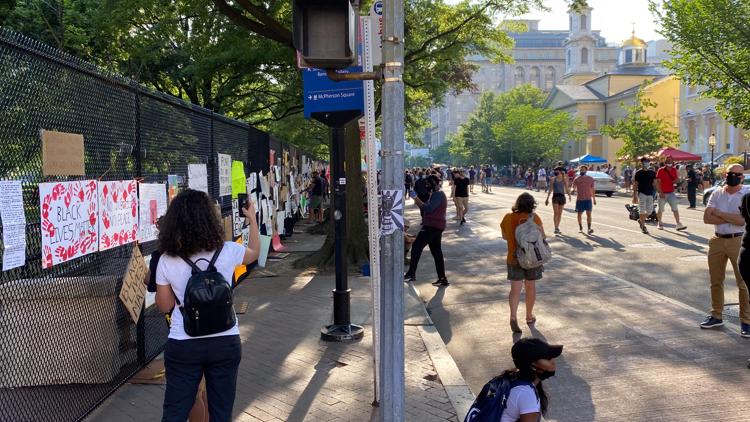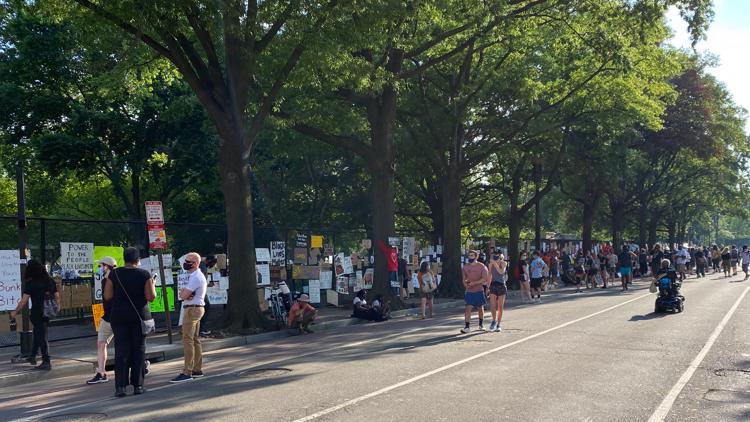WASHINGTON — By now, many people have likely heard someone state the protests that have erupted since the death of George Floyd feel different than other demonstrations in recent years.
A countless number of Black and Brown people have been killed at the hands of police in the United States. One expert said society is beginning to draw attention to some of the root causes of the issue.
RELATED: From unrest to joy, DC's week of George Floyd protests made space for a spectrum of emotions
"We're in a moment now, where it feels like the sense of the possible is more powerful now than perhaps at any time since the Black freedom movement in the 1960s," said Dr. Gregory Carr, African-American Studies Department Chair at Howard University.
He explained structural issues never go away until they are addressed structurally.
Carr explained structural racism was important to the foundation of the United States, which included the displacement of Native Americans and the enslavement of Black Africans.
"They've never been addressed," Carr said. "Now, their most potent move toward resolution, which perhaps is addressing some of the fundamental structures of this country. I think we’re living through that now."
He said unlike the civil rights movements that happened decades ago where the things people were fighting for were easy to pinpoint, protestors are now looking to reform systemic racism and dismantle the root causes of oppression.
"So, I think the reason this feels different is that it is forcing us now to look underneath individual behavior and look at structures that operate," Carr said.
Carr said that technology, shifting demographics of the country, support from non-Black protesters, and the effects of coronavirus pandemic contribute to why this movement is different.
"We're living in a moment where we can't escape -- even while some of us are staying indoors and sheltering in place -- we are still a part of this society. Until we address the underlying issues that folks are out in the streets pressing to change, we are going to find ourselves vulnerable to these problems," Carr explained.
Protest signs on fence near White House
RELATED: DC National Guard promise

